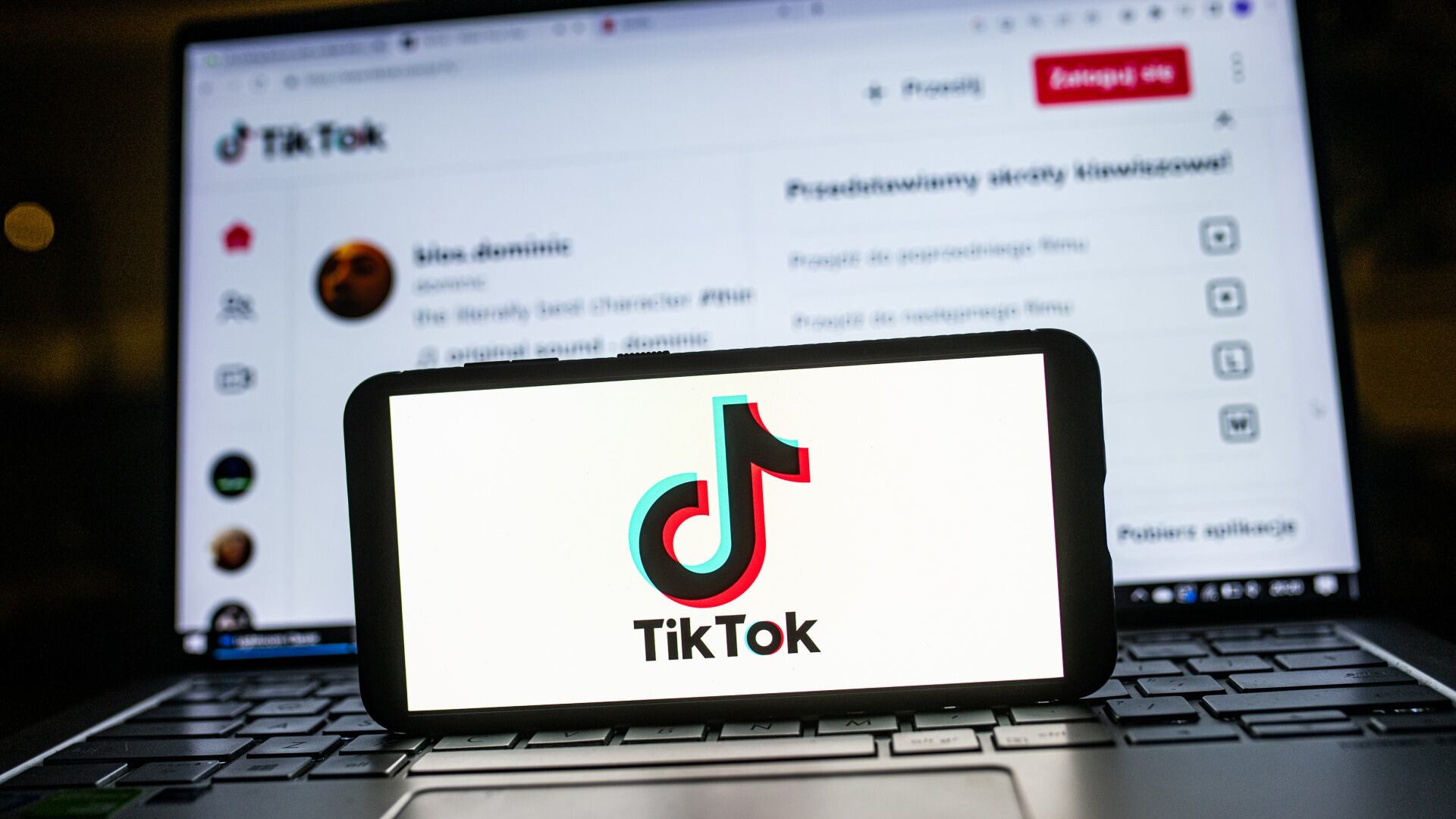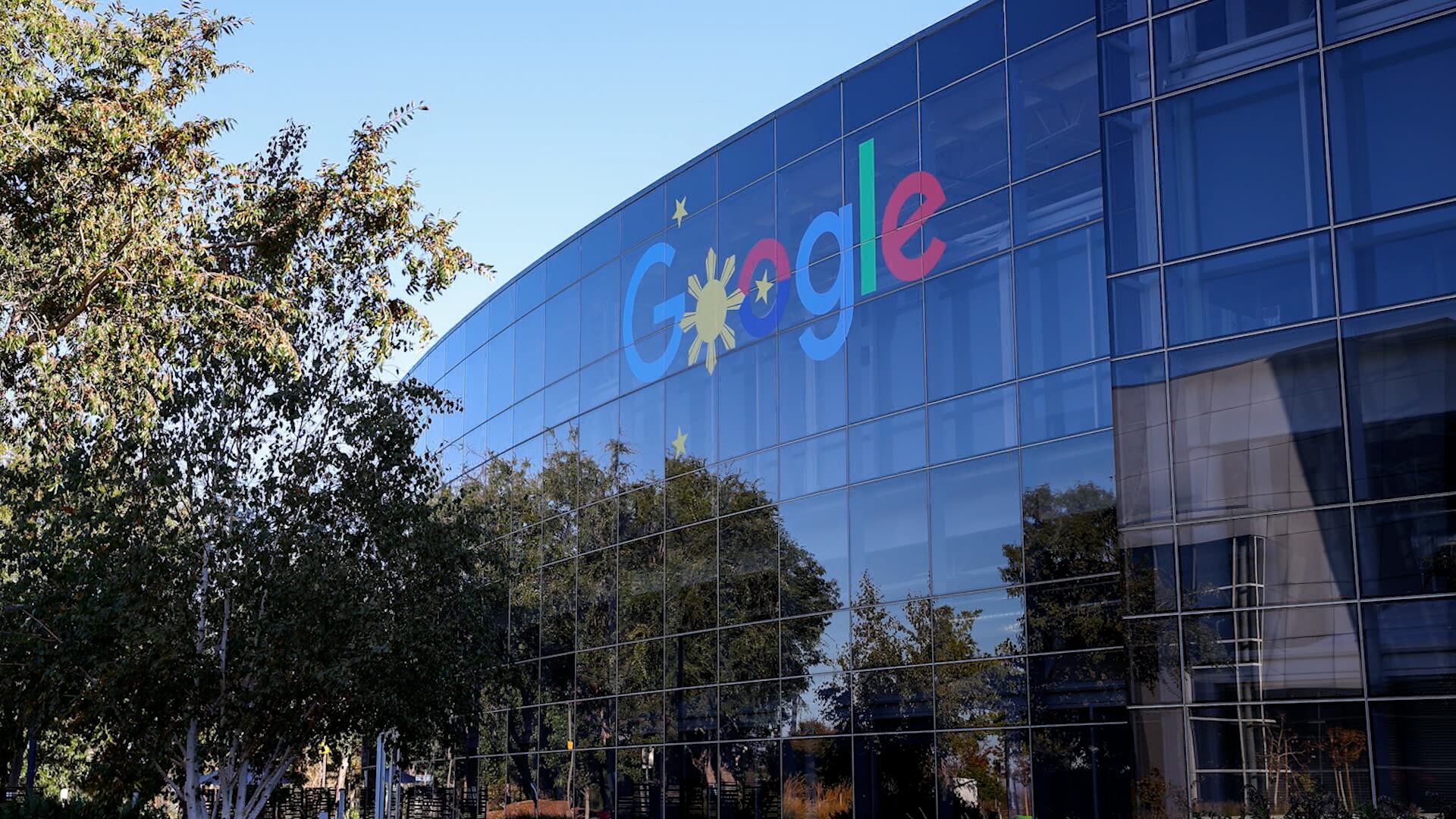The most recent company to jump on the crypto craze is KODAK. The camera company announced yesterday that they would be launching a cryptocurrency and platform that uses blockchain technology. KODAKCoin and KODAKOne sent the stock soaring but left investors wondering, is the investment worth the risk? Thomas Smith is a professor at Emory University. Smith says the current crypto craziness is reminiscent of the dot-com bubble. While the Internet remained, many of the original companies faltered and failed. Smith feels crypto could potentially face a similar fate. That being said, Smith notes how positive this crypto decision was for Kodak. A positive for Kodak's rollout has been the name recognition of the photo company. Smith says that one of the buy-ins that could majorly help KODAK is their mining technology. One of the major expenses in mining cryto currencies is the electricity costs and Smith explains that Kodak seems to have that covered.











